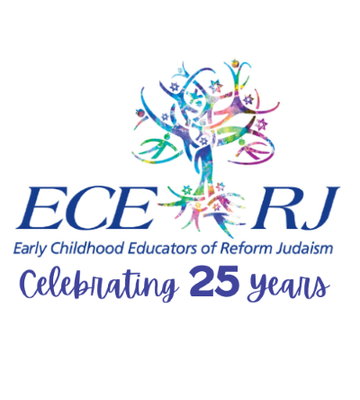
As directors of schools and leaders in the field of early education, it is our obligation to support our teaching staff through professional development. Ongoing learning allows staff to remain current in educational trends and to implement new ideas in ways that align with your school’s curriculum, philosophy, and culture. It also allows teachers to feel excited and enables them to bring these feelings into the classroom.
For teachers, one of the most beneficial ways to grow professionally is by engaging, either in-person or virtually, with other early childhood educators. Of course, these opportunities can come in many forms, but it is not always easy to find or create learning opportunities that will work for our staffs throughout the year. Below are some tips for creating professional development opportunities for your staff. Please respond to the questions at the end of each tip in the comment section at the end of the article. (Don’t see the comments button? Be sure you are logged into the site.)
Using Your Congregation for In-house Training
In-house training may be one of the most common (and least expensive) forms of professional development offered. Just as we aim to “meet children where they are,” in-house training allows us to meet our staff where they are, both literally and in their journeys as educators. The challenge is who should do the actual training. We, as directors, usually have a good sense of the skills of our staff and the direction we would like to go. However, sometimes a new voice is exactly what is needed to inspire staff to take the next step. One idea is to look within your congregation for that inspiration. One of your members may be a child psychologist, school administrator or other expert and would be excited to share his or her expertise with your staff.
Please share where you find your subject area experts?
Yearlong Theme
Creating yearlong themes for staff learning allows teachers to focus on a specific skill or set of skills so they can observe and measure their own growth over the course of a year, just like they do with their students. Examples of staff development themes might include documentation and assessment, intentional teaching, and working with loose parts/open-ended materials.
If you have used themes to guide staff learning, how does it play out in your program? What themes have allowed your staff to move forward in their learning?
Classroom Observations and Modeling
Sometimes, the best learning takes place while working together in the classroom. Members of our staffs bring different skill sets and strengths to their work, so it can be very useful to invite teachers to observe in each other’s classrooms. They can provide in-class support to one another when confronted with challenging situations. Allowing teachers to mentor and model encourages each professional to share her unique skills and style for the betterment of the whole school. How do you facilitate staff learning from one another?
Networking Through ECE-RJ
Learning from professionals outside of our own schools can inspire us to view our work in new and exciting ways. Through ECE-RJ, member teachers can connect with other teachers working in Reform congregations across North America. An educator working in a school down the street or across the country may utter a single sentence that brings about positive changes in our programs.
How do your teacher use ECE-RJ membership to help them develop professionally?
Investing in the professional development of your staff sends the message they are valued and that the work they do is important, allowing them to feel more confident and positive about early education. A confident and positive environment is a win-win for everyone.
What About Us, the Directors?
A recent listserv thread mentioned two books on developing new leadership skills: Leadership in Action: How Effective Directors Get Things Done (The Director’s Toolbox) (by Paula Jorde Bloom) and The No Complaining Rule (by Jon Gordon).
Do you have any more suggestions to add to this list?
--Jayne Lieberman, Director Early Learning Center, Temple Shaari Emeth, Manalapan, NJ

